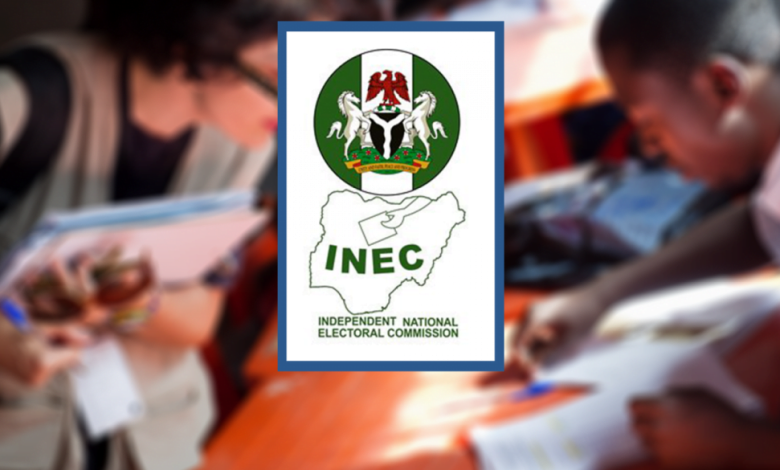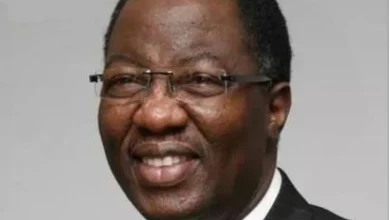INEC urges political parties to nominate fresh candidates for upcoming bye-elections

The Independent National Electoral Commission (INEC) has urged political parties to nominate fresh candidates for upcoming bye-elections to fill vacancies in both state and federal legislative positions.
INEC Chairman, Prof. Mahmood Yakubu, made the request during the first quarterly meeting with political parties this year. He explained that since the inauguration of the current national and state assemblies in June 2023, there have been vacancies in 23 constituencies.
Yakubu revealed that INEC had conducted nine bye-elections earlier in the year and that 14 more vacancies have occurred since. He noted that bye-elections are often unpredictable and difficult to plan for in advance, sometimes leading to a domino effect of multiple vacancies.
“For example, a bye-election in one senatorial district led to a member of the House of Representatives winning that seat, creating another vacancy, which in turn resulted in a member of the State Assembly filling the House of Representatives position, creating yet another vacancy in the State Assembly. One bye-election led to three bye-elections,” Yakubu explained.
He also pointed out that the frequency of bye-elections diverts INEC’s attention from its other electoral responsibilities.
Yakubu further shared that since 2016, INEC has been advocating for a more cost-effective method of filling vacancies, similar to systems used in other countries. He urged stakeholders, including political parties, to support efforts for the National Assembly to amend the law on filling vacancies.
“We appeal to political parties to nominate fresh candidates for these bye-elections, rather than re-nominating sitting members. This will help avoid the situation where one bye-election leads to multiple by-elections,” Yakubu stated.
He thanked political party leaders for their positive response to previous nominations, adding, “I hope we can maintain this spirit of cooperation, so that we can conduct one bye-election for one constituency, instead of several for a single constituency.”





